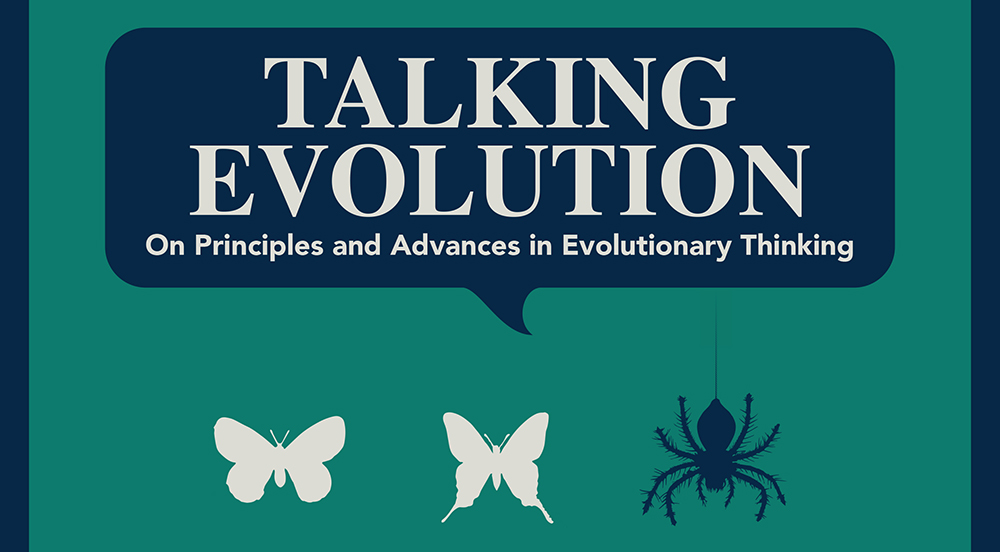Speaker
Description
Melanie J. Heckwolf1, Britta S. Meyer1, Robert Häsler3, Sören Franzenburg3, Christophe Eizaguirre2 and Thorsten B. H. Reusch1 * Both authors contributed equally to this work 1 Evolutionary Ecology of Marine Fishes, GEOMAR Helmholtz Centre for Ocean Research Kiel, Kiel, Germany 2 School of Biological and Chemical Sciences, Queen Mary University of London, London, UK 3 Institute of Clinical Molecular Biology, Kiel University, Kiel, Germany Epigenetic variation is a recently discussed mechanism that allows phenotypes to vary without the prerequisite of DNA sequence based genetic change. If epigenetic marks are heritable, this might provide an accelerated pathway for subsequent adaptive evolution. However, the relative contribution of genetic and epigenetic variation to adaptation and the stability and heritability of underlying epigenetic marks remain unclear. We assessed the natural epigenomic variation (DNA methylation) in three marine three-spined stickleback populations originating from different salinity regimes in the Baltic Sea and North Sea (high, mid and low salinity). Additionally we collected sticklebacks from one population (mid salinity), bred them in the lab and acclimated them over one and two generations to the salinity levels of the two remaining populations (high and low salinity). Using reduced representation bisulfite sequencing (RRBS), we compared DNA-methylation between the two wild populations, the within-generationally and the transgenerationally acclimated groups to provide a comprehensive analysis of stability and inducibility of natural epigenomic variation. While most CpG methylation revealed to be stable, we found methylation of genes associated to osmoregulation and oxygen consumption to be inducible by experimental salinity change. Other genes influencing vitamin biosynthetic processes or skin development were stable within the population regardless of their treatment conditions. Comparing these findings to RNA-Seq data and life history trait measurements of the same individuals, we are not only able to assess the stability of epigenetic marks, but further show their impact on the (molecular) phenotype. Our holistic approach provides insight on epigenetic patterns in the wild and their potential role in adaptation and experimental acclimation.

